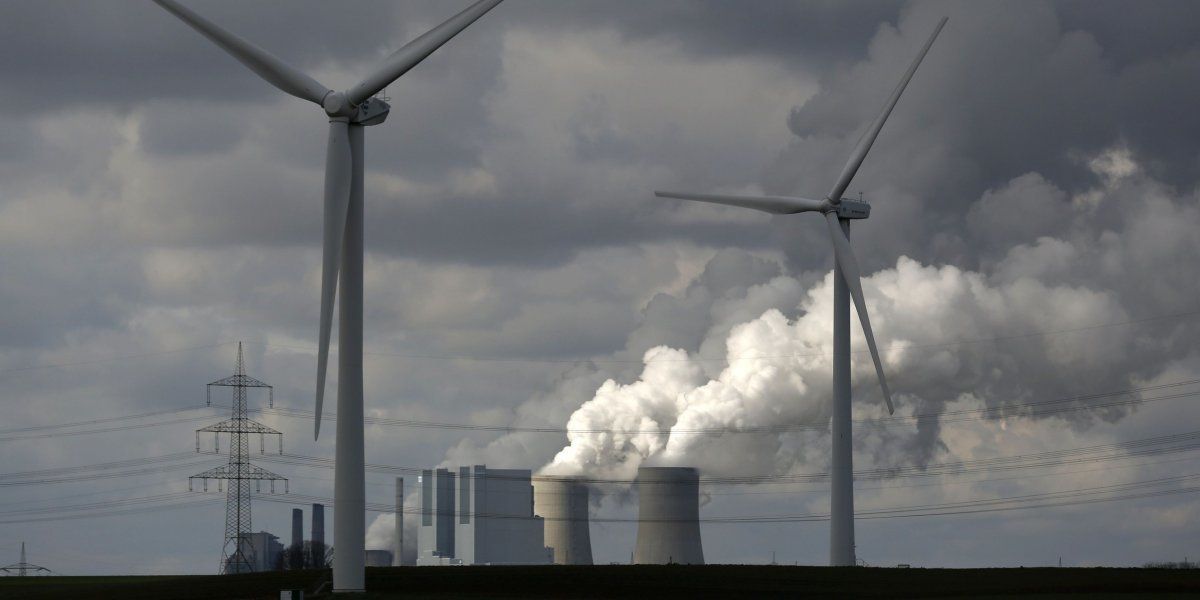Tunisia's Green Energy Technology; An Overview

One of the major reasons technology is considered “important” is because of the impact it makes within communities. Whether direct or indirect, the evolution of time has interjected technology into our lifestyle that is almost related to oxygen. Yet only a few technological tools directly impact individuals.
Green Energy Technology
There are various forms of technology mankind has invented, the common ones would include digital technology and mechanized technology. In both great and small, technology has become an aid to the human race. Then there comes green energy technology (renewable energy), almost like a saving grace.
A report by National Geographic reveals that green energy is more effective when it comes to climate change. So what is this Green energy all about?
From windmills to solar panels, green energy is an alternative energy source, replacing fossil fuels which have been of negative impact on the earth, creating climate change. Since the world knew the earth was dying green energy has received a lot of attention and development.
Going back in time, green energy has always been with us. The most common kind of renewable energy in the past was waterwheels, a prototype of our current hydropower plant. The popular windmill came into the western markets during the 1590s. In the 186os Solar panels came into the scene.
Africans also had their own form of renewable energy. In the 1980s, Kenya began the exploration and use of the Geothermal power plant, it was the first country in Africa to use renewable energy. In simpler terms, Geothermal is the method of extracting energy from the earth’s heat core. The extracted energy is then converted into usable energy for greenhouses, textile and food manufacturing factories.
Green Energy in Africa; Tunisia
The fact that the African continent still houses the majority of the developing countries in the world makes it more in need of renewable energy. A recent report revealed that more adoption of green energy within the continent could have an almost 360-degree reform on the continent. GDPs, Job availability, Higher welfare index and many more are expected to see an increase in percentage. Basically, rapid continental growth is expected when green energy is massively adopted, likewise, it becomes a powerful force against climate change within the continent.
Moving up to the Northern region of the continent, we review Tunisia’s green energy adaptation.
Tunisia is one of the African countries that are yet to adopt renewable energy to a significant level. Unlike Egypt and Morroco which have been reported to have shown commitment to the adoption of renewable energy, Tunisia is still lagging behind in the region.
While Tunisia is highly developed in electrification energy generation, up to 21%, it has been able to generate and put to use only 3-6% of renewable energy to use. In retrospect Tunisia is not doing enough with green energy, it is also facing troubles with the energy transition. The country is known to be dependent on neighbouring countries for its transition and the western world for renewable energy tools. This increases its importation activities. For a country that has been fully electrified the need to adopt a new form of energy is almost like starting from scratch.
The nation’s 3-6% renewable energy is generated through Solar, Hydroelectric and Wind turbines. If the nation can squeeze more effort into the tools, it should be able to combat its energy insufficiency.
Startup Check in Renewable Energy
Although adoption is not significant, private organizations such as startups are trying to push several green energy initiatives.
Green energy Startups in Tunisia include Co-Solar, Kumulus, Crepta Industry, Watt now, DigiVoltaic Company, Saulè Energia and Methania Industries. These are the major players in the Tunisian ecosystem. Although active, only Wattnow and Kumulus have raised any significant funding, at least that is all the public knows. This might probably be the reason why extensive penetration has not taken place within the country.
If the government and private organizations can make more investments in renewable energy transitions, then we should see a better overview of the sector.
